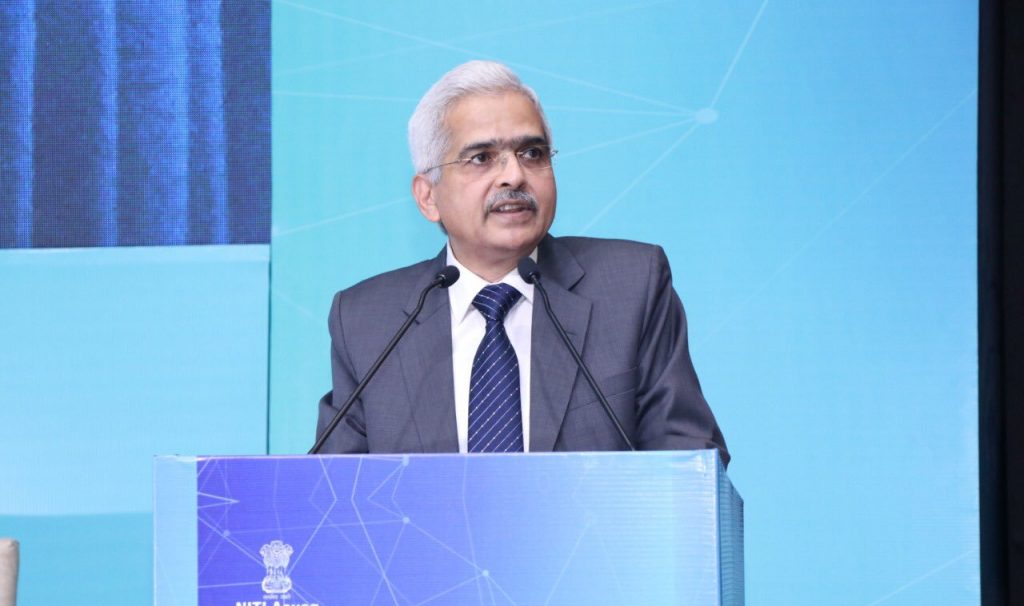With data localisation kicking in, many companies have stepped up to build infrastructure locally to comply with the Government’s demands. According to a source, almost 80% of the companies from the payments industry have complied with RBI’s norms of storing data locally, and some of the big names are Amazon, Google and Paytm among others. With so much happening in favour of India, many companies have also committed a major investment in favour of India’s data localisation protocols.
International Tech Giants Brace For Data Localisation Move
1. Alibaba
In September 2018, Chinese multinational conglomerate, Alibaba said it is going to set up a data centre infrastructure in India with its second ‘Availability Zone’ in Mumbai. According to the firm, the decision has been taken amid the strong demand from enterprises and startups in the country. Furthermore, Alibaba has also stated that it supports India’s decision of data localization.
“A mandate for data localisation would help our business. We will respect the local law whenever it comes in. We are ensuring that our customers get the best services and security of the data is a key focus for us,” Alibaba Cloud India General Manager Alex Li shared reportedly.
2. CtrlS
Headquartered in Hyderabad, CtrlS is one of the biggest that is betting big on data centre ecosystem in India. Amid the ongoing tension on the recent data localisation directive, CtrlS has announced has recently made an announcement that the firm is planning to build 3 Tier-4 hyperscale data centres and it includes a 100 MW (1 million Sq. ft.) data centre in Mumbai, 150 MW (2 million Sq. ft.) data centre in Hyderabad and a 70 MW (1 million Sq. ft.) data centre in Chennai.
Furthermore, according to the CEO of CtrlS Sridhar Pinnapureddy, the company is investing Rs 2,000 crores in setting up 3 hyperscale data centres in India.
3. Mastercard
Initially, Mastercard was sceptical about RBI’s decision of storing data locally. The company believed that it would end compromising India’s ability to detect fraud and money laundering in the domestic payments system.
But recently, Mastercard has come up with a decision to invest $1 billion in its India operations over the next five years, and about $350 million of that would go into setting up a local payments processing centre, which is a decision made keeping RBI’s mandate to store all payments data locally. Moreover, according to a source, the processing centre, which is expected to open in the next 18 months, creating employment opportunities for an additional 1,000 people.
4. Visa
Visa is also one of the major players that are playing a significant role, complying with RBI’s data localisation norms. The company’s global president Ryan McInerney has said the company is “extremely committed” to abide by the RBI’s data localisation mandate and also denied reports that global companies initially seemed averse to the mandate in an interview with the Economic Times. He has also stated that Visa’s commitment to India is long term, measured in decades, and it would work in a way the RBI feels is the right way to work.
Furthermore, last year in September, a month before the RBI’s rules on data localisation came into effect, T R Ramachandran, Visa’s group country manager for India and South Asia, said the central bank had asked payment companies to send it fortnightly updates on their progress in storing payment data in India.
Outlook
With India making its move to make data localisation a reality, the country is facing a backlash against the localisation move. Case in point, the US is the biggest detractor, terming RBI’s move could affect the growth of American firms in India.
Amid all the global efforts to protect user data, US reckons that many companies in India lacks the infrastructure for data storage and this might end up risking that data. The world already has some of the best, secured data centre and if India takes the decision to keep its data inside the borders then it would have to build data centres powered by local firms. It would not only increase spending but also prevent people from making use of some of the best global services. That is not all, according to a source, the US believes that this data localisation protocols would serve as significant barriers to digital trade between the US and India.
Once India makes a final decision with strong localisation protocols, it would not only help the nation in getting easier access to data but would also help in creating a data centre ecosystem.





















